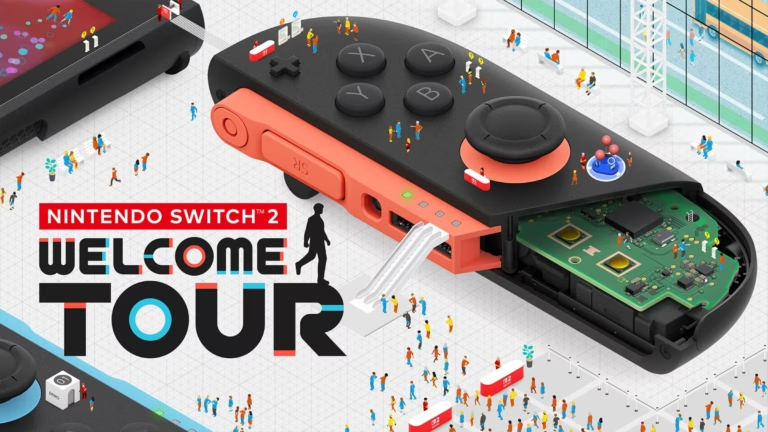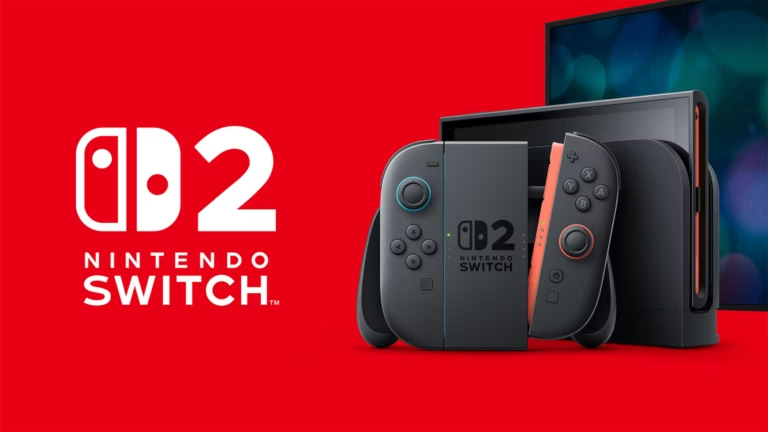Game data not found.
J.League Winning Eleven Tactics offers a unique twist on traditional soccer video games by focusing on the strategic management of a soccer team. Released in 2003 for the PlayStation 2, this game brought the excitement and intricacies of Japan’s J.League to fans and gamers alike. By combining elements of soccer management and tactics, it provides a fresh perspective on how soccer games can be experienced.
Story
J.League Winning Eleven Tactics does not adhere to a conventional narrative structure as seen in many other video games. Instead, its story is interwoven with the real-life excitement and drama of managing a J.League team. Players assume the role of a manager tasked with leading their chosen team to victory in the league. The challenge and excitement come from the dynamic nature of the league, where each match can alter the course of the season. While there is no scripted plot, the emergent storytelling created by the player’s decisions and the outcomes of matches creates a personalized narrative journey.
The game’s focus on the J.League means that it incorporates the league’s structure, teams, and players from that time. This adds an authentic layer to the experience, drawing players into the world of Japanese soccer. The pursuit of the league title becomes the player’s primary narrative drive, filled with the highs and lows of competitive sports.
Gameplay
J.League Winning Eleven Tactics stands out for its emphasis on strategic planning and decision-making over direct control of players on the field. The game operates as a tactical simulation, where players act as the team manager, making crucial decisions that affect the outcome of the matches and the team’s overall success.
Team Management
The core gameplay revolves around managing various aspects of a soccer team. Players handle everything, from selecting the starting lineup and formation to making tactical adjustments during matches. Success hinges on understanding the strengths and weaknesses of both your team and opponents, requiring a strategic mindset and adaptability.
Match Simulation
While players don’t control the on-field action directly, they watch matches unfold in real-time simulations. During these simulations, managers can issue tactical commands and make substitutions to influence the game’s outcome. This aspect of gameplay emphasizes strategic thinking over reflexes, providing a different type of engagement from traditional soccer games.
Player Development
An interesting aspect of J.League Winning Eleven Tactics is the focus on player development and training. Players can train their team members, improving their skills and abilities over time. This aspect adds depth to the management experience, as developing a well-rounded team becomes crucial for long-term success in the league.
Strategic Depth
The game offers a wealth of strategic options, from customizing formations to deploying specific tactics suited to different opponents. Managers can experiment with different strategies, discovering which combinations work best for their team. This depth ensures that the game remains engaging and challenging, as players must constantly adapt and refine their strategies throughout the season.
Graphics and Sound
Visual Presentation
For a game released in the early 2000s, J.League Winning Eleven Tactics features graphics that are functional and focused on clarity. The visual presentation emphasizes the tactical layout and player movements rather than high-fidelity character models. The interface is designed to be intuitive, allowing players to easily navigate through menus and access the information needed to make informed tactical decisions.
Sound Design
The sound design complements the game’s strategic focus, with a soundtrack that underscores the intensity of managing a soccer team. The ambient sounds of a soccer stadium, such as the cheering crowd and referee whistles, are present during match simulations, adding to the immersion. The audio cues effectively inform players of in-game events, which is crucial given the game’s focus on management rather than direct control.
Legacy and Reception
J.League Winning Eleven Tactics was well-received for its unique approach to soccer gaming. It garnered praise for its deep strategic elements and faithful representation of the J.League. While it may not have achieved the same level of mainstream success as other titles in the Winning Eleven series, it carved out a niche among fans of tactical and management games.
Critical Reception
Critics appreciated the game’s focus on strategy and management, noting that it offered a refreshing change from the more action-oriented soccer games of the time. The depth of the management system and the realistic simulation of the J.League were highlighted as strong points. However, some noted that the lack of direct player control on the field might not appeal to all fans of soccer games.
Influence on Genre
J.League Winning Eleven Tactics contributed to the broader genre of sports management games by demonstrating the potential for deep strategic gameplay within the context of soccer. It inspired other developers to explore similar concepts, leading to the development of other tactical sports management titles.
Conclusion
J.League Winning Eleven Tactics remains a distinctive entry in the pantheon of soccer video games. Its emphasis on strategy and management, combined with the authentic representation of the J.League, provides a unique experience for fans of the sport. While it might not cater to those seeking the adrenaline rush of controlling players on the field, its tactical depth and strategic challenges offer a rewarding experience for those who enjoy the managerial aspect of soccer.
The game’s legacy lies in its ability to offer an alternative perspective on soccer gaming, influencing future titles within the genre. For fans of strategic management games and those interested in the J.League, J.League Winning Eleven Tactics is a noteworthy title that showcases the complexities and joys of leading a soccer team to victory.















